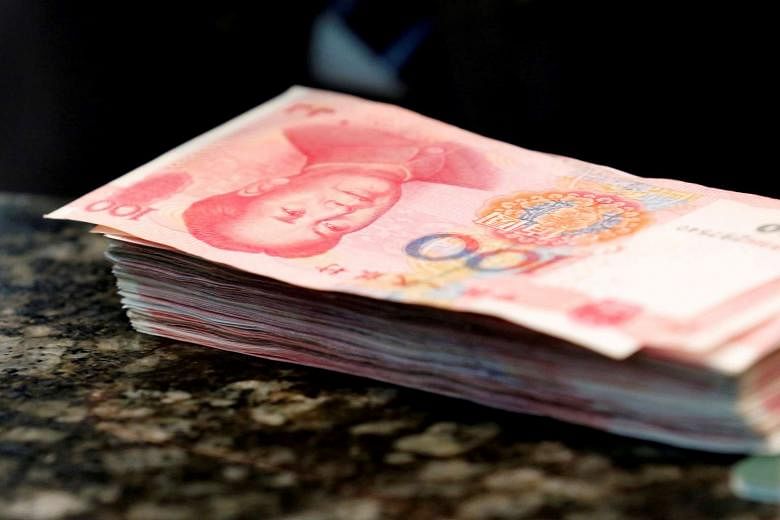PHNOM PENH (REUTERS) - Cambodia is urging businesses to accept payment in yuan as it seeks to attract more Chinese tourists, officials said on Wednesday (Aug 3), the latest sign of tightening ties between Phnom Penh and Beijing.
Cambodia is China's closest ally in South-east Asia and last week handed Beijing a diplomatic victory in a dispute over the South China Sea at a meeting of the Association of South East Asian Nations.
China is already the second-largest source of tourists to Cambodia after Vietnam, with nearly 1 million arrivals a year.
Casinos, some of them Chinese operated and catering to predominately Chinese visitors, punctuate the skyline of Phnom Penh.
Accepting the yuan is part of a Ministry of Tourism plan to more than double the number of Chinese tourists by 2020.
"We want to target 2 million tourists per year from 2020, so we aim to implement it now," Tith Chantha, a secretary of state at the ministry, told Reuters. "We want to encourage the use of yuan."
Cambodia's economy is already dollarised. The yuan could circulate in a similar way to dollars, Chantha said.
Cambodia is heavily dependent on Chinese aid and investment and Prime Minister Hun Sen said on Tuesday Chinese tourists would help drive growth.
Still, the introduction of the yuan, also known as the renminbi (RMB), would seem to go against a government move away from dollarisation towards use of the riel currency because of the constraints to monetary policy due to the dollar's use.
"More businesses may decide to accept payments in RMB if that makes them more profitable, but the concerns about exchange rate fluctuation and counterfeiting are likely to limit this,"said Joseph Lovell of the American Chamber of Commerce in Cambodia.
Lovell said if Chinese tourists knew they could readily use yuan in Cambodia, it might encourage more visits.
Ho Vandy, secretary-general of the Cambodian National Tourism Alliance, said the plan could help spur growth in tourism, but details needed to be worked out. "In remote areas, people wouldn't know how to identify real or fake notes and what the exchange rate is," Ho Vandy said.
Tith Chantha brushed off those concerns, saying circulation of the notes would mostly be with big hotels and travel companies. "It won't be difficult, it will be used like the dollar," he said Officials at the National Bank of Cambodia could not be reached for comment.

